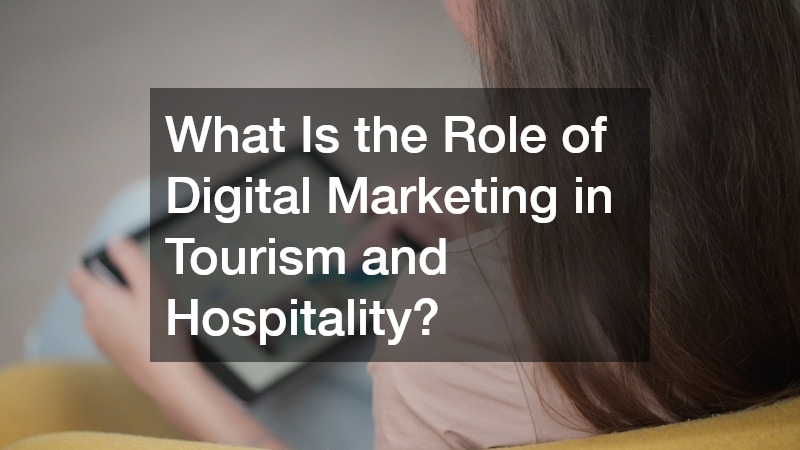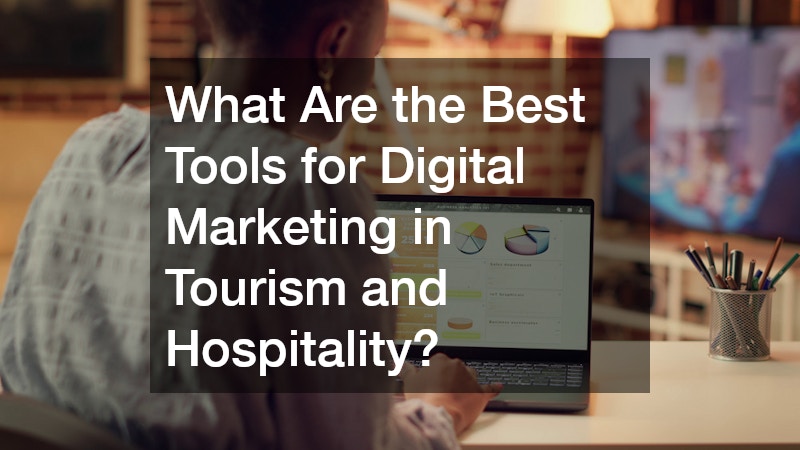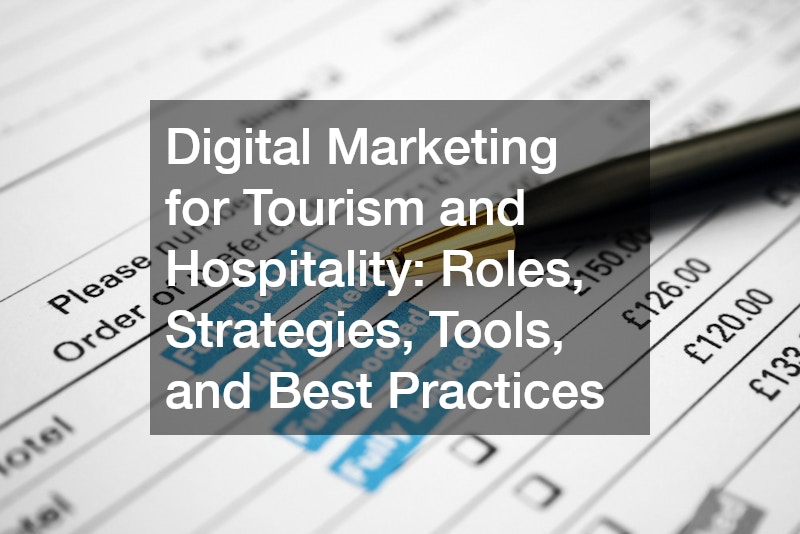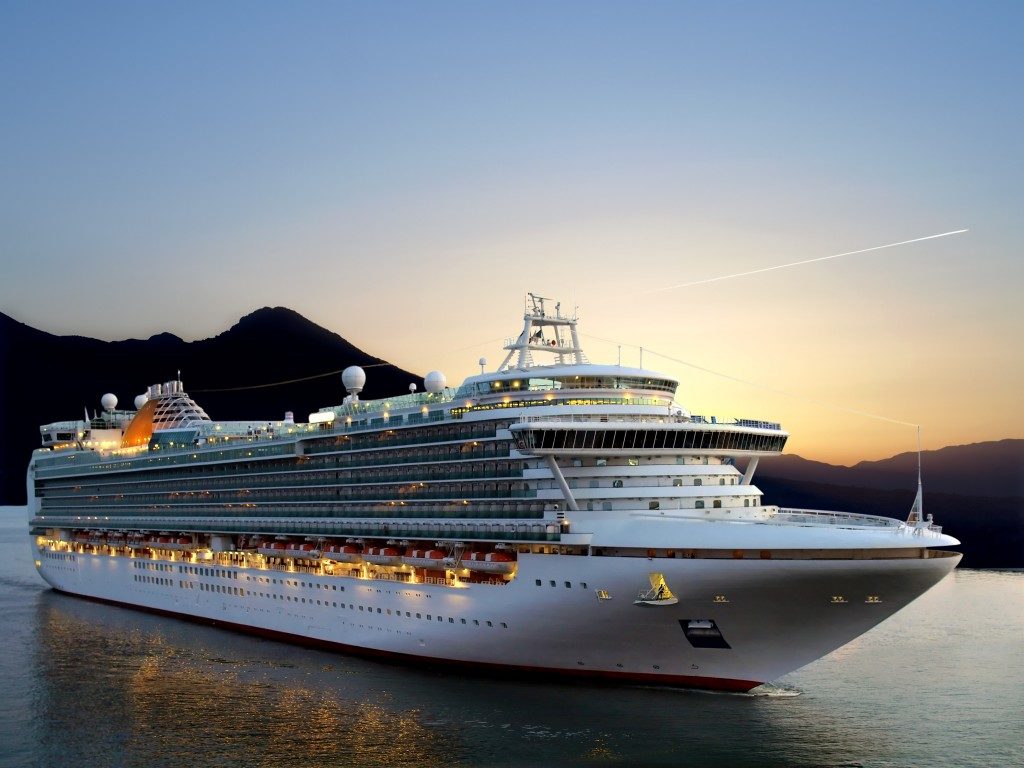In today’s travel-savvy world, digital marketing has become essential for businesses in the tourism and hospitality sector. From boutique hotels to global tour operators, having a strong online presence helps drive bookings, attract international guests, and build long-term brand loyalty. For entrepreneurs aiming to compete in this dynamic industry, understanding digital marketing’s role, mastering effective strategies, and leveraging the right tools is key to sustained growth.
Whether you’re launching a hotel or revamping a travel agency, this guide covers everything you need to know to navigate the evolving digital marketing landscape for tourism and hospitality.
What Is the Role of Digital Marketing in Tourism and Hospitality?

Digital marketing plays a pivotal role in connecting travel-hungry consumers with memorable destinations and experiences. For hospitality entrepreneurs, it helps reach audiences where they spend most of their time—online. With smartphones, search engines, and social platforms shaping traveler behavior, digital marketing ensures visibility and credibility.
Some of its main roles include:
- Brand Awareness: Create recognition through consistent branding and storytelling.
- Lead Generation: Attract potential customers via search, ads, and social engagement.
- Booking Optimization: Drive direct bookings through targeted campaigns.
- Reputation Management: Monitor reviews and respond effectively across platforms.
- Customer Engagement: Keep travelers engaged before, during, and after their stay.
By strategically investing in digital platforms, entrepreneurs can position their offerings to stand out in a crowded marketplace.
What Strategies Work Best for Tourism and Hospitality Brands?
A successful digital marketing plan combines content, advertising, and analytics to create a well-rounded customer journey. Here are some winning strategies for entrepreneurs:
1. Content Marketing That Tells a Story
People love stories, especially about travel. Use blogs, travel guides, or guest testimonials to tell your brand story and highlight destinations or experiences.
- Start a travel blog on your website.
- Share real guest experiences and behind-the-scenes stories.
- Use high-quality images and videos to enhance storytelling.
2. Search Engine Optimization (SEO)
Ranking on Google can be the difference between obscurity and a fully booked season. Focus on keyword research and optimize your website accordingly. Don’t forget local SEO and mobile-friendliness.
- Optimize for keywords like “luxury beach resorts in Bali.”
- Create location-specific landing pages.
- Link internally and build backlinks from reputable travel sites.
Pro Tip: When planning your digital strategy, prioritize SEO for hospitality industry keywords that match user intent and seasonality.
3. Social Media Marketing
Social platforms are powerful for brand awareness and engagement. Use Instagram for visuals, Facebook for ads and events, and TikTok for creative campaigns.
- Share user-generated content (UGC).
- Run contests and seasonal promotions.
- Use travel hashtags and geo-tags.
4. Email Marketing for Guest Loyalty
Email campaigns are excellent for building relationships with past guests. Use personalized emails to offer discounts, updates, and destination guides.
- Segment your email list by interests or booking history.
- Automate post-booking or pre-arrival emails.
- Use catchy subject lines and strong CTAs.
What Are the Best Tools for Digital Marketing in Tourism and Hospitality?

To compete with larger players, entrepreneurs must work smarter—not just harder. These digital marketing tools can help manage campaigns and analyze performance efficiently:
- Google Analytics & GA4: For monitoring web traffic and user behavior.
- SEMrush or Ahrefs: For keyword research and SEO audits.
- Canva or Adobe Express: For creating beautiful visual content.
- Mailchimp or ActiveCampaign: For automating and personalizing email marketing.
- Hootsuite or Buffer: For scheduling social media posts across platforms.
- Booking Engine Integrations (e.g., Cloudbeds, Little Hotelier): For managing online reservations directly through your site.
Choosing the right mix of tools helps streamline marketing tasks and gives entrepreneurs data-backed insights to refine their strategies.
Digital Marketing for Tourism and Hospitality: Best Practices to Follow
With tight margins and high competition, it’s not enough to just “be online.” Entrepreneurs need to follow best practices that build credibility and drive ROI. Here are a few to consider:
1. Focus on Mobile Optimization
Most travel research and bookings happen on mobile. Your website must load fast, look great on phones, and offer seamless navigation.
2. Invest in Quality Visuals
Great photos and videos can be your best salespeople. Invest in professional content to showcase rooms, amenities, and local experiences.
3. Build Trust with Reviews and Testimonials
Highlight positive guest reviews on your homepage or landing pages. Respond to negative reviews professionally and promptly.
4. Run Retargeting Ads
Remarket to people who visited your website but didn’t book. Retargeting helps you stay top-of-mind when they’re ready to buy.
5. Measure, Analyze, and Adapt
Track performance regularly. Use A/B testing to refine campaigns. Marketing is not “set and forget”—it requires continuous optimization.
How Can Entrepreneurs Get Started?
If you’re new to digital marketing for tourism and hospitality, start with a few core elements:
- Build a fast, mobile-friendly website with clear booking functionality.
- Focus on local SEO and maintain active social media profiles.
- Collect guest emails and begin nurturing relationships through email marketing.
- Use free or affordable tools to automate and monitor progress.
Starting small and scaling gradually allows entrepreneurs to manage costs while building a competitive digital presence.


